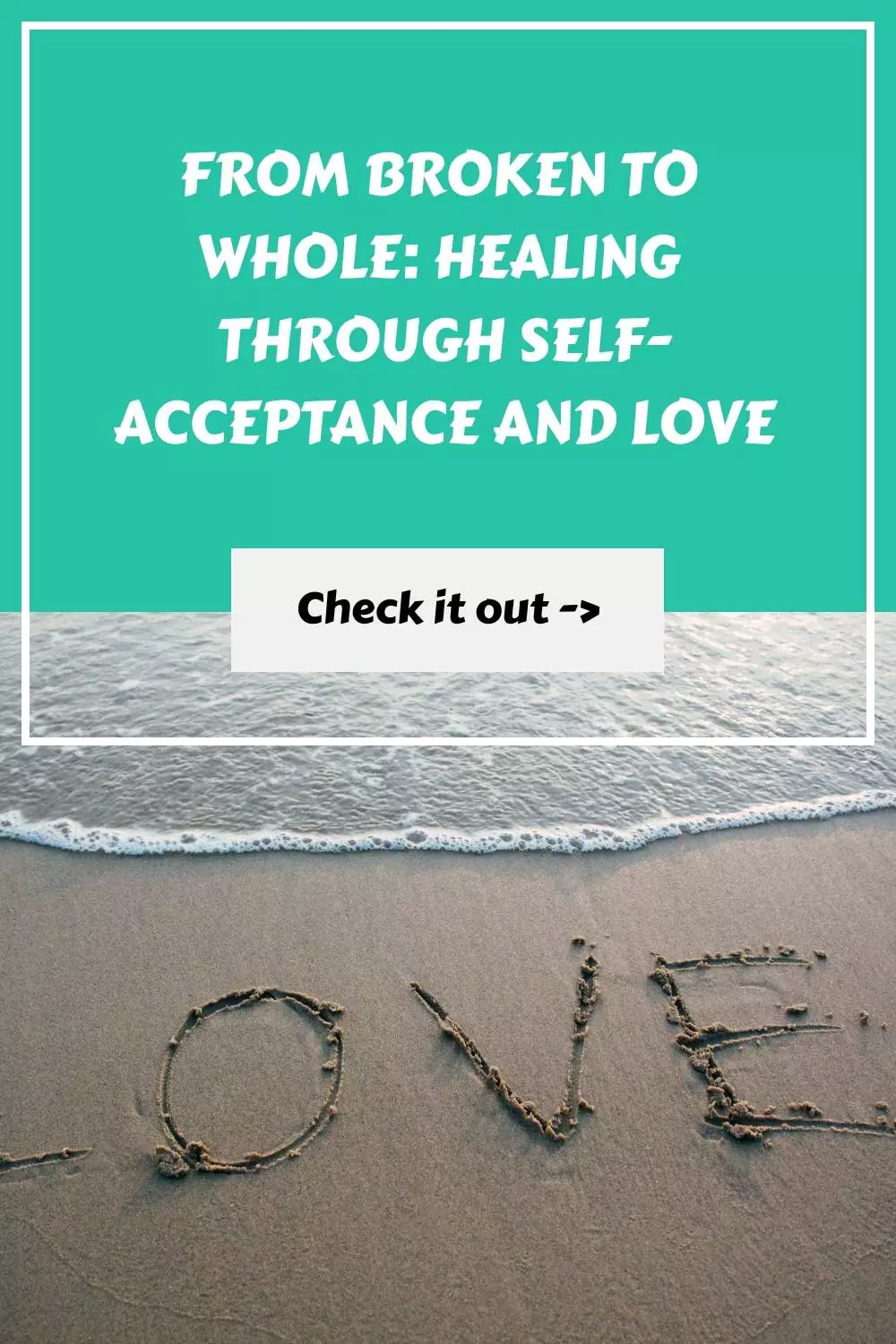Introduction: The Power of Self-Acceptance
Love is a powerful emotion that can heal even the deepest wounds. However, before we can truly love others, we must first learn to love ourselves. This may seem like an easy task, but for many people, it can be challenging. We live in a society where we are constantly bombarded with images and messages telling us what beauty should look like or how successful we need to be. These unrealistic expectations often lead to feelings of self-doubt and low self-esteem. But by learning to accept ourselves just as we are, we can begin to experience true happiness and fulfillment.
Section 1: What is Love?
Love is more than just a feeling; it’s also an action. It involves taking care of someone else’s needs while putting their wants and desires above our own. When we choose to focus on another person’s wellbeing, we create a bond that goes beyond physical attraction or material possessions. True love requires vulnerability, patience, and forgiveness. By opening up to another person and allowing them into our lives, we take a risk. But when we do this with the right intentions, we can build relationships that last a lifetime.
Section 2: Loving Yourself First
Self-love is not always easy, especially if you have been raised to believe that your worth comes from external factors such as looks or achievements. To truly love yourself means accepting who you are without judgment. You don’t have to be perfect to be worthy of love. In fact, embracing your flaws and imperfections makes you unique and beautiful. Learning to appreciate your strengths and weaknesses takes time and effort, but once you start practicing self-acceptance, you will notice a shift in your mindset. Instead of focusing on what you lack, you will find joy in the present moment and celebrate your accomplishments.
Section 3: Healing Through Self-Love
When we are broken, whether physically or mentally, it can feel impossible to move forward. But through self-love, we can begin to mend those fractures and become whole again. By choosing to prioritize our own health and wellbeing, we give ourselves permission to heal. This might involve seeking professional help, setting boundaries with toxic people, or simply giving ourselves space to breathe. As we learn to honor our bodies and minds, we cultivate resilience and inner peace.
Section 4: Practicing Self-Care and Acceptance
Practicing self-care doesn’t mean indulging in luxurious spa days or expensive vacations (although they can certainly be enjoyable). Rather, it involves making small changes in our daily routines to support our overall wellbeing. For example, getting enough sleep, eating nutritious foods, and engaging in regular exercise all contribute to better mental and physical health. Additionally, practicing gratitude and mindfulness helps us stay grounded and focused on the present moment. By incorporating these practices into our lives, we show ourselves compassion and kindness, which ultimately leads to greater self-acceptance.
Conclusion: From Broken to Whole
At some point in life, most of us will face adversity and struggle. Whether it’s heartbreak, financial hardship, or illness, these experiences can leave us feeling shattered and lost. But by turning towards self-acceptance and love, we can begin to piece together the fragments of our lives and emerge stronger than ever before. With each act of self-compassion and every expression of love, we transform from broken to whole. And in doing so, we discover our truest selves and find contentment in the journey ahead.









